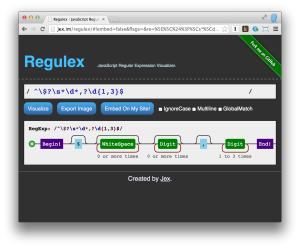“…they haunt it.”
¶ by not another Rob?Jon Michaud, A Science-Fiction Classic Still Smolders (The New Yorker):
In his introduction to the collection [Beyond Armageddon], Miller noted that the stories shared a nostalgia for things that have been lost. “Post-Megawar stories are about an afterlife,” Miller wrote. “Survivors don’t really live in such a world; they haunt it.”
A Canticle for Leibowitz is one of those true all-time greats of the science fiction canon. It captures something at once unique about the twentieth century’s Cold War angst, but also something universal and timeless about our fears of annihilation, especially a self-inflicted one. I’m overdue for a re-read.


